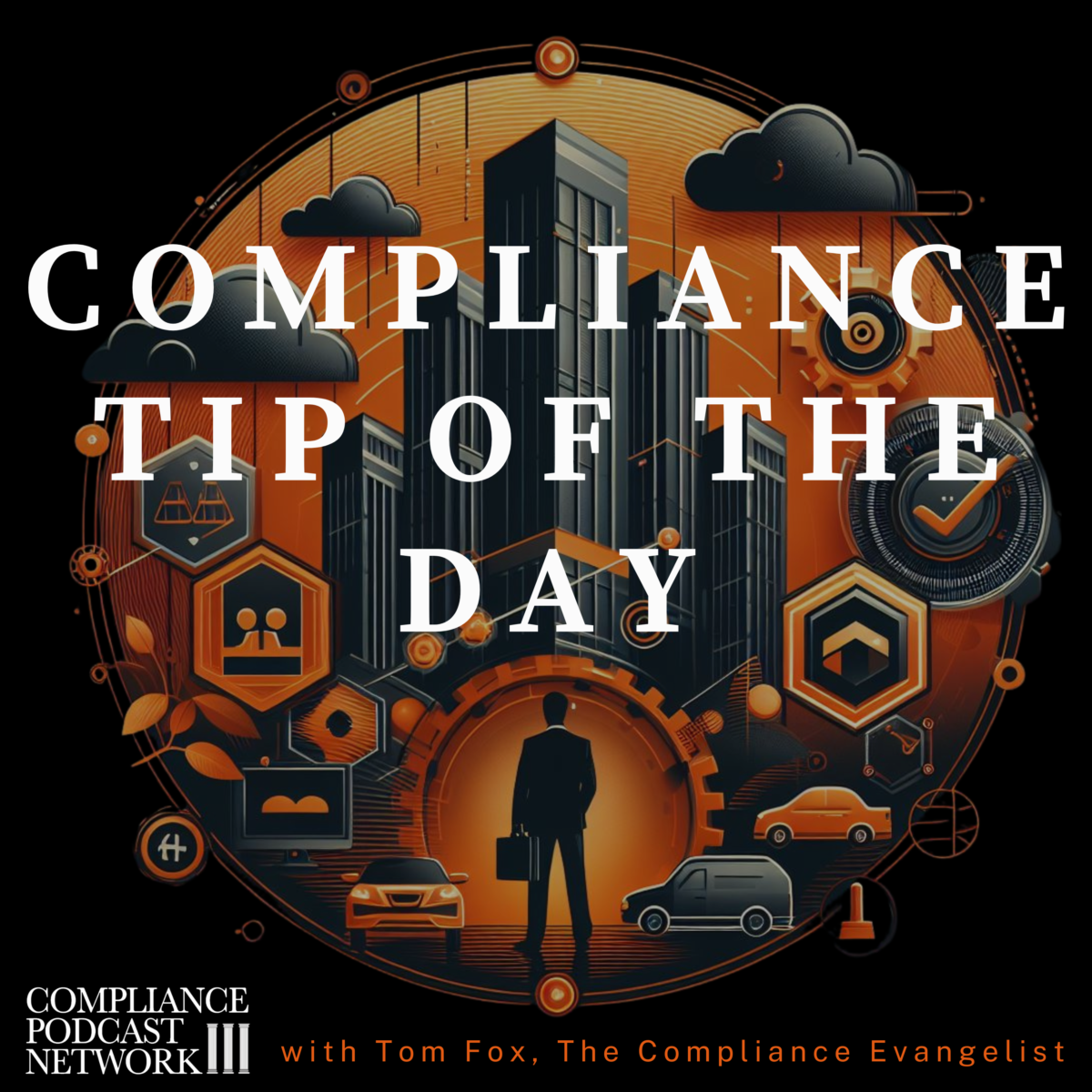Welcome to “Compliance Tip of the Day,” the podcast where we bring you daily insights and practical advice on navigating the ever-evolving landscape of compliance and regulatory requirements.
Whether you’re a seasoned compliance professional or just starting your journey, our aim is to provide you with bite-sized, actionable tips to help you stay on top of your compliance game.
Join us as we explore the latest industry trends, share best practices, and demystify complex compliance issues to keep your organization on the right side of the law.
Tune in daily for your dose of compliance wisdom, and let’s make compliance a little less daunting, one tip at a time.
In this episode, we consider the knotty question of who to suspend and when to suspend them during an internal investigation.
For more information on the Ethico ROI Calculator and a free White Paper on the ROI of Compliance, click here.a






